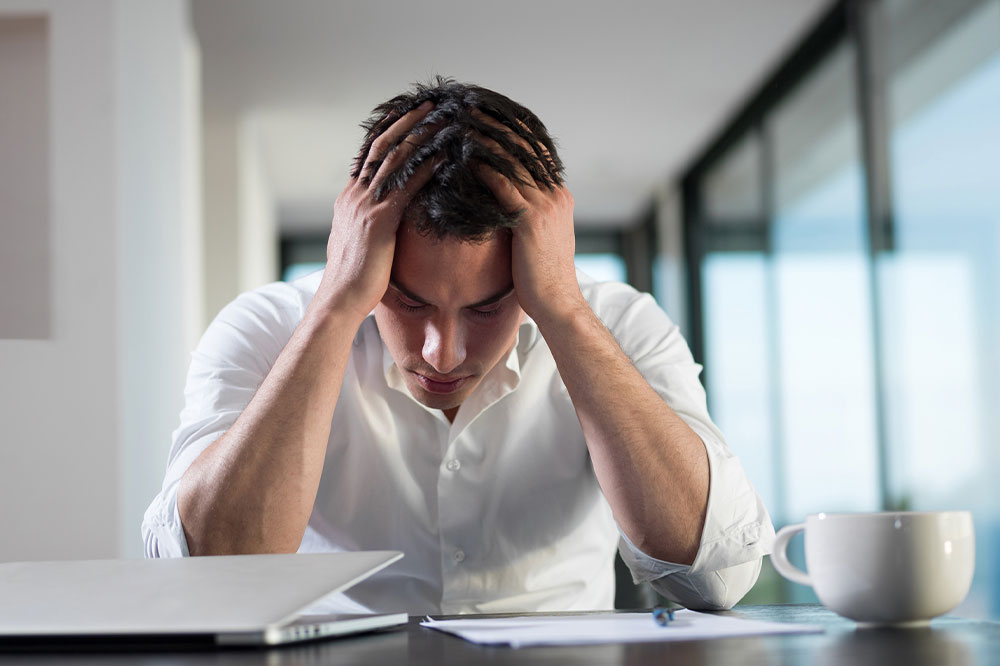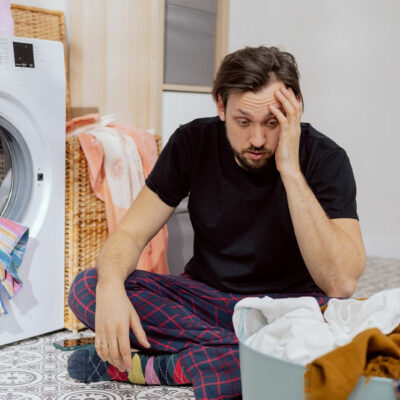Helpful tips that help manage depression

Depression is a common mental health disorder that causes persistent sadness and changes in thinking, sleeping, eating, and behavior. The condition is often treated with conversation therapy or prescription, or both. Therefore, seeking healthcare assistance as soon as symptoms appear is vital. Depression symptoms include sadness and a loss of interest in former hobbies. It can impede your performance at work and home and give rise to various mental and physical problems.
What is depression?
Depression symptoms include persistent sadness and a loss of interest in things and activities once found enjoyable. Furthermore, it may impair one’s ability to think, remember, eat, and sleep. It’s natural to feel sad or grieve difficult situations, such as losing a job or coping with a divorce.
Depression, however, is distinguished by the fact that it lasts at least two weeks and includes symptoms other than melancholy. Clinical depression, often known as major depressive illness, is sometimes called depression.
If the mental condition is not addressed, it might worsen and remain longer. In extreme cases, it may lead to suicide or self-harm. However, with timely diagnosis and treatment options, the symptoms can be dramatically improved.
Depression and gender
When it comes to depression, there is a clear gender divide. According to the National Institute of Health, women are nearly twice as likely as men to suffer from depression. This disparity is caused by hormonal as well as other biological factors. Women can also experience premenstrual or postpartum depression.
The same may be said for antepartum (or prenatal) depression, defined as depression that arises during pregnancy and is estimated to affect one in every seven women, according to the American Congress of Obstetricians and Gynecologists.
Tips that help manage depression
The presence of depression can cause you to believe nothing can help your situation or that any respite will be temporary. It can also create a vicious cycle of negative thoughts, feelings, and behavior (or non-doing). Nonetheless, coping strategies are available in addition to psychiatric care and therapy. Below are the tips that help manage depression:
- Minimize your rumination
Depression is characterized by an overwhelming propensity to revisit thoughts, memories, or specific eras of life. When this happens, attempt to be more aware of it and change your trajectory by thinking or doing things more constructively. - Set reasonable goals
Instead of completing work as its whole, break it down into smaller, more manageable parts. Recognize and capitalize on minor victories. - Reduce procrastination
Rather than avoiding jobs entirely, attempt to handle them individually. As a result, self-efficacy and a sense of accomplishment may improve. - Get moving
While 30 minutes of vigorous activity daily is ideal, even 10 to 15 minutes can be beneficial. Depression may limit activity, and you have to endeavor to endure. - Take care of your physique
Following a healthy, well-balanced meal routine can improve overall health. Avoid processed foods and high-sugar foods. - Get enough sleep
Good sleep quality is necessary for the mind and body. That said, sleeping for a long duration can aggravate the effects of depression. - Maintain a journal
Take note of any continuously negative feelings or ideas. For example, writing allows self-expression and helps identify incorrect thinking or unhealthy behaviors. - Participate in healthy activities
Make an effort to appreciate the small things, such as drinking tea, dancing in your room, contacting a friend, or listening to music. - Maintain relationships
Keep your loved ones close, even if it is difficult. Try to describe your problem and ask for help if required.
Is depression curable?
Although depression cannot be cured, effective treatments can help heal. Early therapy commencement enhances the likelihood of therapy success. Some people may never suffer depression again after a single bout. Unfortunately, some may continue to relapse.
Many people who are depressed recover after receiving treatment. However, even with good treatment, relapses can occur. As a result, most patients do not profit from treatment at first. Individuals who take prescription treatment should continue taking it as long as their doctor suggests to avoid recurrence, even if their symptoms improve or subside.
Treatment options for depression
Depression is an emotional state characterized by melancholy, pessimism, and emptiness. The condition affects around 8% of adults (close to 21 million) in the country. Depression can dramatically impair daily living. Yet, various effective treatments are available to help you manage your depression symptoms. There are different types of depression, each requiring a different treatment approach. The following are the common treatment methods used by experts.
- Depression counseling
If you are experiencing mild to moderate depression symptoms, you may benefit from the assistance of a reputable, experienced therapist. Many professionals initially try counseling before resorting to prescription options. In some severe depression cases, health experts may try a combination of treatments to manage the symptoms. - Cognitive therapy
Cognitive therapy seeks to uncover the negative feelings and beliefs that exacerbate depression. Individuals who receive this therapy can recognize and replace unhelpful thought patterns with more useful ones. Cognitive treatment is usually only six weeks to 4 months long. - Psychotherapy or talk therapy
Talk therapy comprises discussing your problems and emotions with a trained therapist. The expert can help you discover thoughts or behavior patterns contributing to your depression.
Depression is a condition that needs special attention. It’s easy to get disheartened and decide not to continue depression therapy over the first several weeks. Any treatment may take several months to produce benefits. Your therapist should put you at ease; if you don’t, try a different one. You may need to speak with several therapists before choosing one that best suits your requirements. However, if you are improving significantly, you may discontinue the treatment entirely, provided a licensed psychiatrist recommends it. Experts advise you to stick to your treatment plan until the symptoms improve.
















